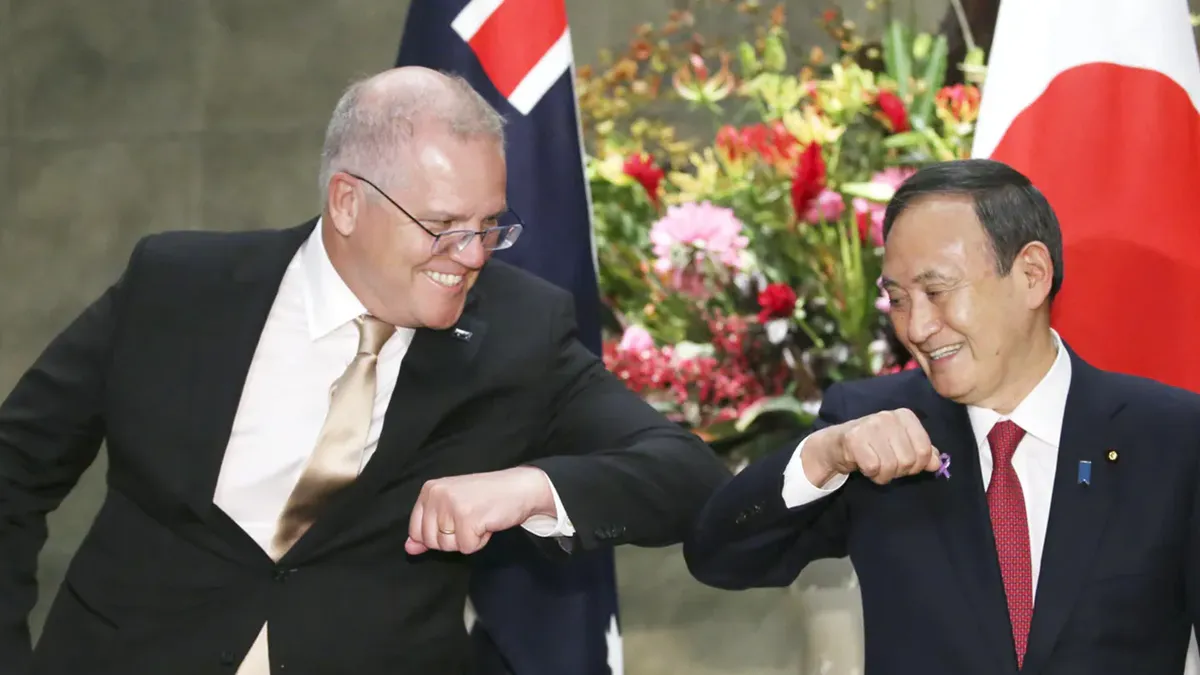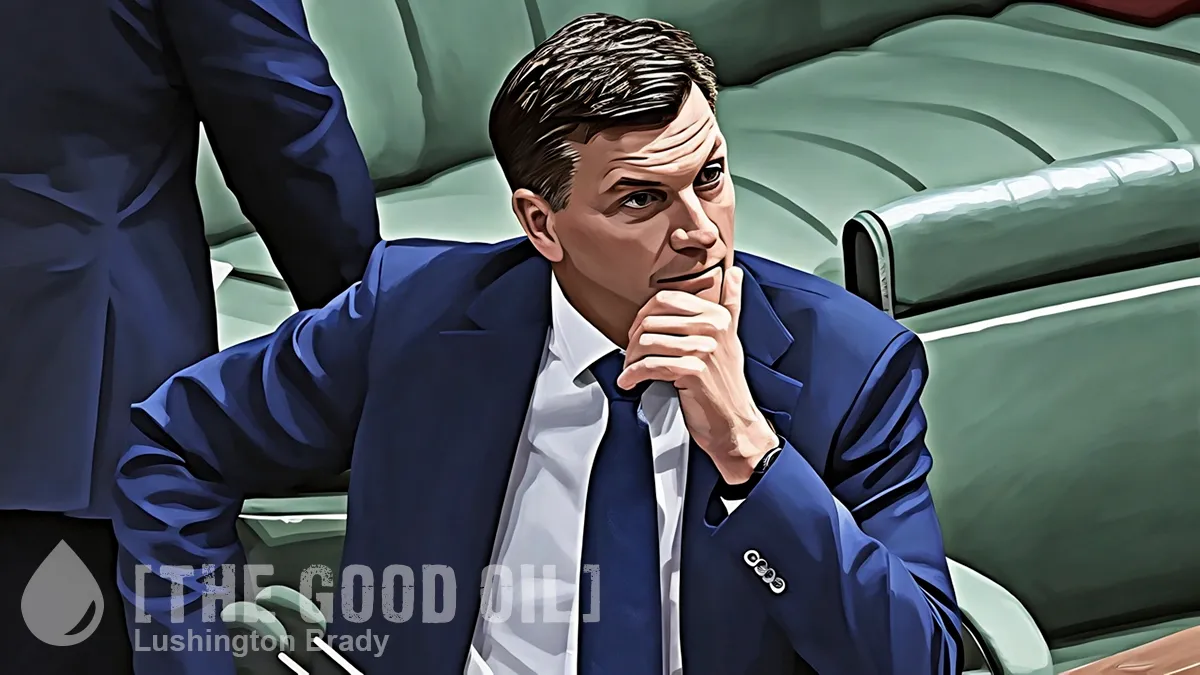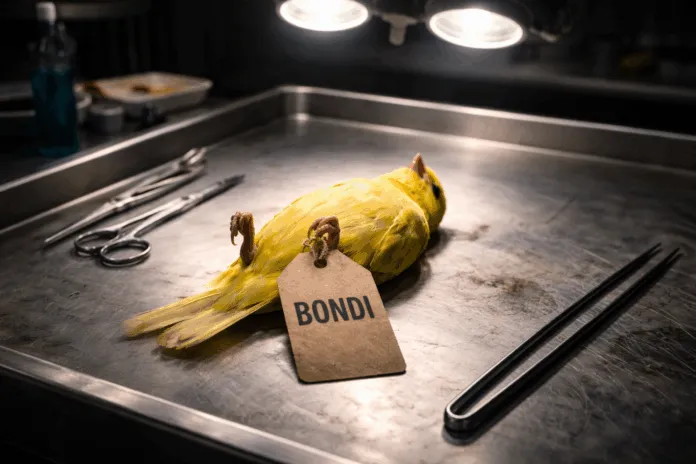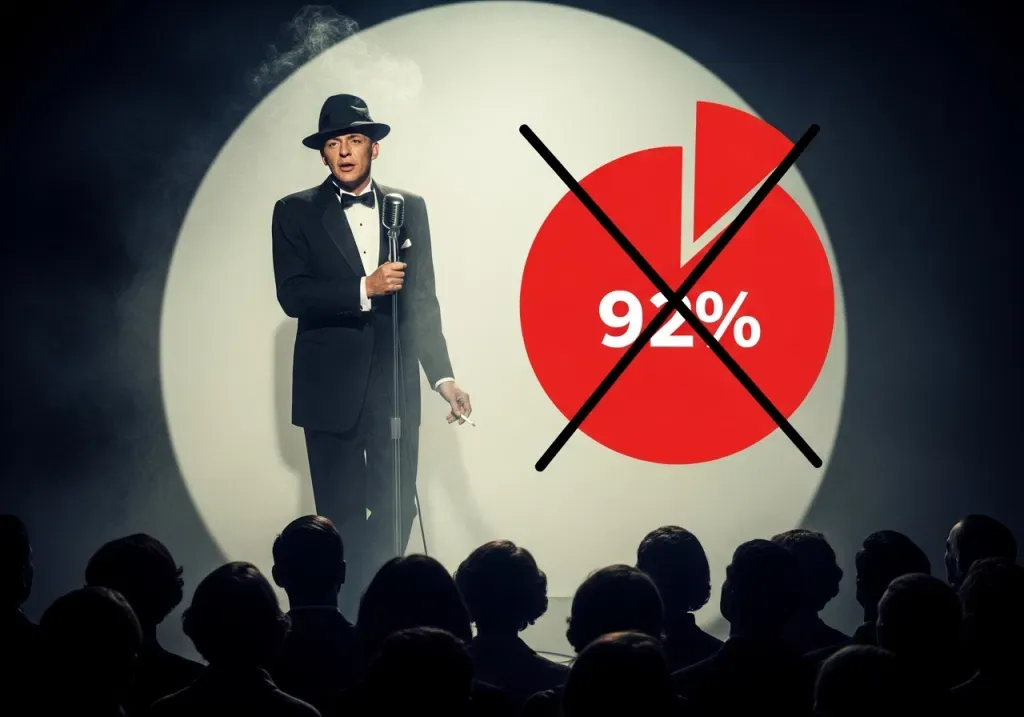Table of Contents
One of the most remarkable turnarounds in modern history is that of bitterest enemies becoming fast allies within less than a century.
The depth of the enmity between Australia and Japan in WWII cannot be overstated. The treatment of Allied POWs in Japanese camps is legendary for its brutality. For their part, Australians (like Americans) grew to hate Japan as its record of war crimes in the Pacific mounted.
For many Australians of the wartime generation, that hatred was (understandably enough) a long time passing. For some it never did. Yet, within less than 20 years, young Australians were embracing a Japanese pop-culture hero. Koichi Ose, who starred as Shintaro in the Japanese TV series The Samurai, was greeted with rapturous crowds when he toured Australia in 1965. Fans mobbed airports dressed in home-made kimono.
At a political level, diplomatic relations were re-established in 1952 and Prime Minister Robert Menzies visited Japan for the first time in 1957. No less than six former Australian prime ministers have been awarded the Order of the Rising Sun.
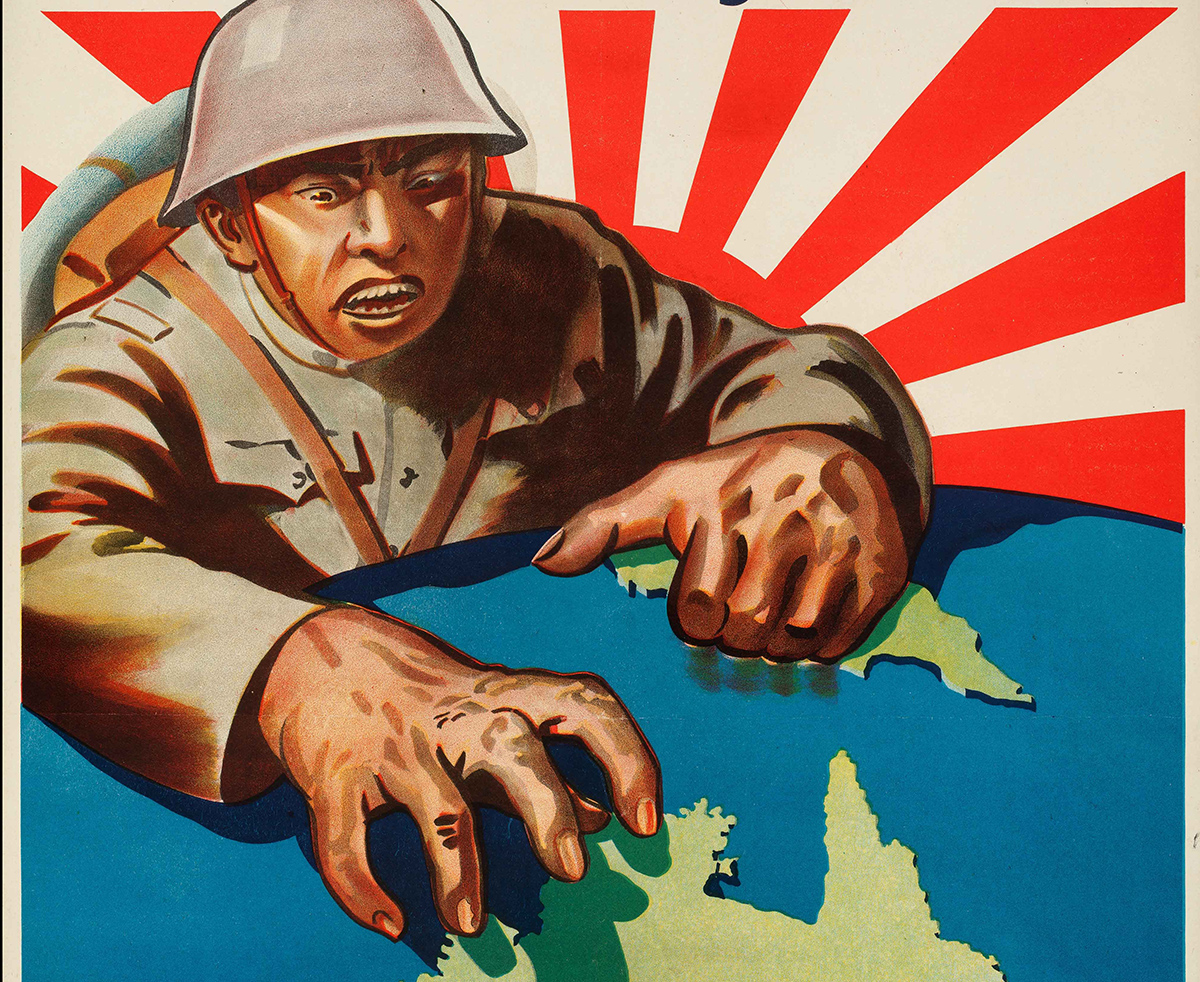
Although distrust of Japan was somewhat revived in the 1980s, due to its perceived economic dominance, the Australia-Japan relationship has on the whole moved from strength to strength. The mutual trading relationship is one of the most significant for both nations. Australians and Japanese are each entitled to visa-free travel.
Both countries signed a bilateral security pact in 2007. Scott Morrison and Japanese prime minister Yoshihide Suga are working on even deeper security ties.
Last week’s visit to Japan by Australian Prime Minister Scott Morrison was very symbolic and therefore a very big deal. Morrison was the first foreign leader to visit the country since Yoshihide Suga became prime minister, a meeting that took on even more importance and signaled real purpose at a time of COVID-19, with all the associated risks and inconvenience. The interest is mutual: Morrison was the first foreign leader Suga called after succeeding Shinzo Abe as prime minister.
Chats and photos are the fluff of diplomacy, but the two men also put meat on the bones of the bilateral relationship by agreeing on a reciprocal access agreement, a legal framework that allows the two countries’ militaries to visit for training and joint military operations.
This is only the second such agreement for Japan, making Australia its most significant military ally after the United States.
It is a remarkable development for a relationship once freighted with bitter memories from World War II. A secure and prosperous Indo-Pacific demands that Japan and Australia work together in a wide variety of endeavors, fashioning another pillar of the regional order[…]
Cooperation has expanded to include India in the Quadrilateral Security Dialogue; in addition to ministerial-level meetings, the four countries held their first four-way joint military exercises in more than a decade earlier this month[…]
The joint statement released after the two prime ministers met affirmed the importance of “bilateral and multilateral cooperative activities in the Indo-Pacific region, including maritime activities in the South China Sea, to maintain a free, open, secure, inclusive and prosperous region.” Morrison highlighted that “Japan is a very special relationship with Australia … a strategic one.”
The significance of the Australia-Japan agreement, along with the rest of the “Quad”, is not going unnoticed in some quarters.
Global Times, a nationalist tabloid published in Beijing, echoed the government line, charging that intensified cooperation between Tokyo and Canberra is aimed at China. An editorial asserted that the new agreement “accelerates the confrontational atmosphere in the Asia-Pacific region” and warned that the two countries “will surely pay a corresponding price if China’s national interests are infringed upon and its security is threatened.” Beijing has condemned the Quad as a “mini-NATO” that seeks to contain it.
https://www.japantimes.co.jp/opinion/2020/11/24/commentary/japan-commentary/japan-australia-china/
Frankly, if it pisses off China, then it’s a sure sign we’re on the right track.
If you enjoyed this article please consider sharing it with your friends.

